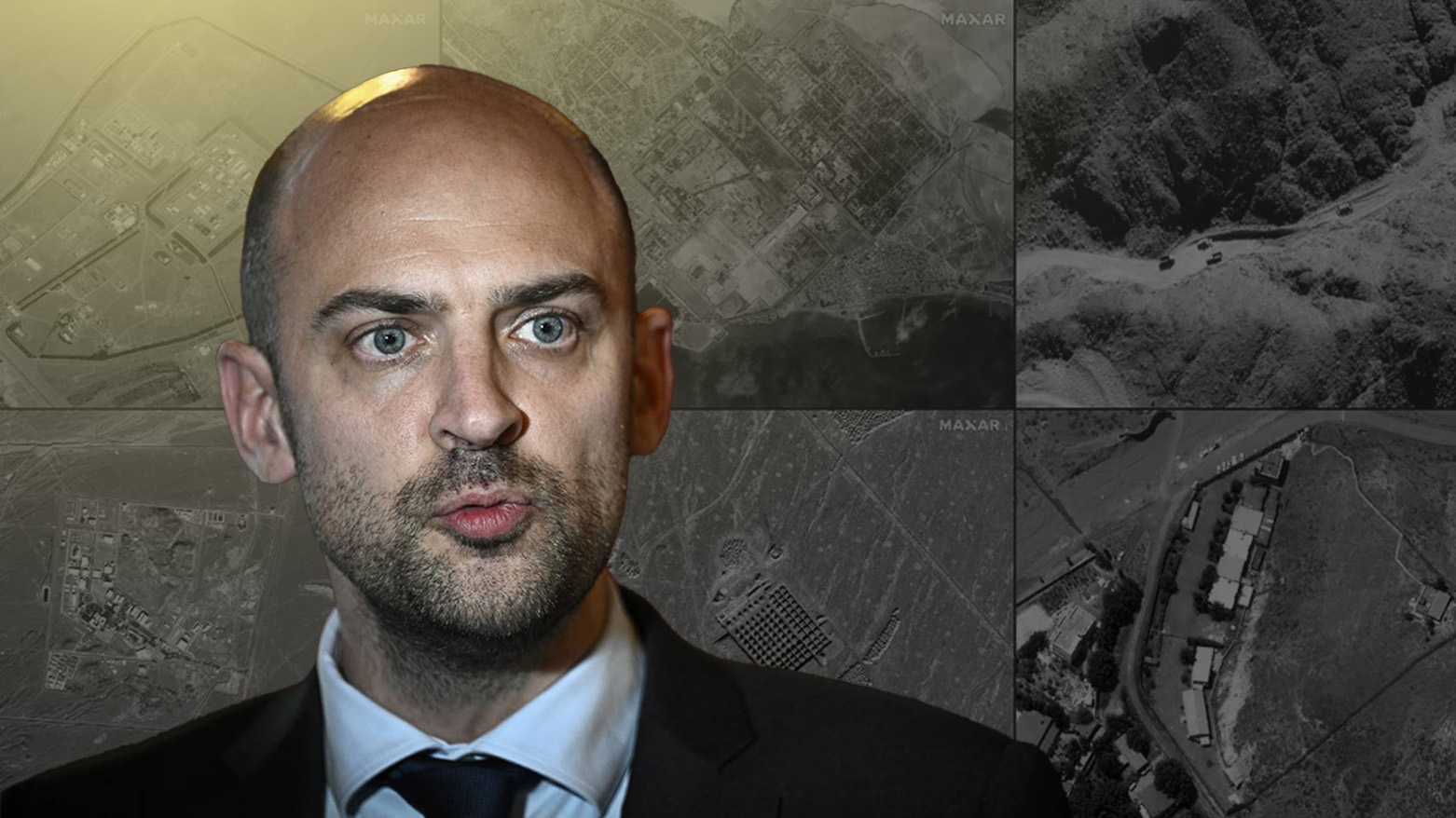'We Will Not Hesitate to Reapply All Sanctions,' Barrot Warns, If Iran Nuclear Deal Fails
The French Foreign Minister emphasized that France, along with Britain and Germany—the “E3”—is fully prepared to activate the UN’s snapback mechanism to reinstate sanctions that were lifted under the original 2015 accord.

By Kamaran Aziz
ERBIL (Kurdistan24) — France has issued a stark warning to Iran and the international community, declaring that it will not hesitate to restore United Nations sanctions on Tehran if diplomatic efforts to salvage the 2015 nuclear agreement fail. The declaration was made by French Foreign Minister Jean-Noel Barrot during a speech before the U.N. Security Council late Monday evening, as reported by Reuters.
The dramatic statement comes amid heightened tensions and as the expiration date for the Joint Comprehensive Plan of Action (JCPOA), commonly known as the Iran nuclear deal, approaches on October 18, 2025. Barrot emphasized that France, along with Britain and Germany—the so-called “E3”—is fully prepared to activate the UN’s snapback mechanism to reinstate sanctions that were lifted under the original 2015 accord.
“It goes without saying that when the Iranian nuclear deal expires in a few weeks, if European security interests are not guaranteed, we will not hesitate for a single second to reapply all the sanctions that were lifted 10 years ago,” Barrot stated.
According to the report by Reuters, the E3 nations are now considering triggering the snapback clause by August rather than June, provided no breakthrough is reached in the ongoing diplomatic engagements. The snapback mechanism, enshrined in the original nuclear deal, allows parties to reinstate previous UN sanctions on Iran without requiring the approval of other permanent Security Council members, including China or Russia.
The escalating rhetoric follows continued diplomatic deadlock between Iran and the United States. Washington, which unilaterally withdrew from the JCPOA under former President Donald Trump, has reimposed a series of national sanctions on Iran. Although current negotiations have resumed, including backchannel talks and proposals for meetings in Rome, a comprehensive agreement remains elusive.
President Trump has recently voiced optimism about securing a new deal that would definitively block Iran from developing nuclear weapons, but Iranian officials continue to assert that their nuclear program is strictly for civilian purposes.
French officials, however, made clear that the clock is ticking. “These sanctions would then permanently close off Iranian access to technology, investment, and the European market, with devastating effects on the country's economy,” warned Barrot. “This is not what we want, and that is why I solemnly call on Iran to take the necessary decisions today to avoid the worst.”
Reuters reported that Iran has proposed meeting with the E3 in Rome this coming Friday, should talks with the United States gain momentum. However, four diplomats noted that the European parties have yet to respond to the invitation.
As these developments unfold, Iran has doubled down on its own negotiating position. In a press conference earlier this week, Iranian Foreign Ministry spokesperson Esmaeil Baqaei declared that domestic uranium enrichment and sanctions relief remain Tehran’s “clear red lines.” According to a report by Tasnim News Agency, Baqaei warned that no detailed agreement would be possible without guarantees on these issues. He further criticized the United States’ “maximum pressure” campaign, accusing Washington of violating both human rights and international norms of trade.
Baqaei confirmed that the fourth round of indirect negotiations between Iranian Foreign Minister Abbas Araghchi and U.S. Special Representative Steve Witkoff is scheduled to take place Saturday, following an initial understanding reached in Muscat. As reported by The Washington Post, technical-level discussions have already commenced, though The Wall Street Journal noted that deep disagreements—especially over uranium enrichment rights—continue to plague the talks.
Despite these obstacles, President Trump has struck a notably optimistic tone, telling reporters that a deal is within reach without resorting to conflict. “We’ll have something without having to start dropping bombs all over the place,” he said.
Iran, for its part, insists its nuclear program is peaceful and essential for the country’s energy future, even as its massive oil and gas reserves remain untapped due to sanctions. Meanwhile, Iranian media—including those aligned with hardline factions—have broadly portrayed the negotiations as a potential turning point, reflecting growing consensus among Iran’s political elite that economic survival hinges on sanctions relief.
Iran has also floated proposals for a potential meeting with the E3 in Rome, though a formal response is still pending. At the same time, concerns have been heightened by a deadly explosion at Shahid Rajaee Port in Hormozgan Province, which coincided with the resumption of technical talks.
Baqaei reiterated Iran’s readiness to resolve outstanding safeguards issues with the International Atomic Energy Agency (IAEA) and emphasized Tehran’s seriousness in pursuing negotiations. According to reports by both Tasnim and The New York Times, he stressed that lifting sanctions remains Iran’s top priority.
As the clock ticks toward the JCPOA's expiration and the threat of snapback sanctions looms, the next few weeks may determine whether diplomacy can prevail or whether the Middle East is set to plunge into a renewed cycle of confrontation.